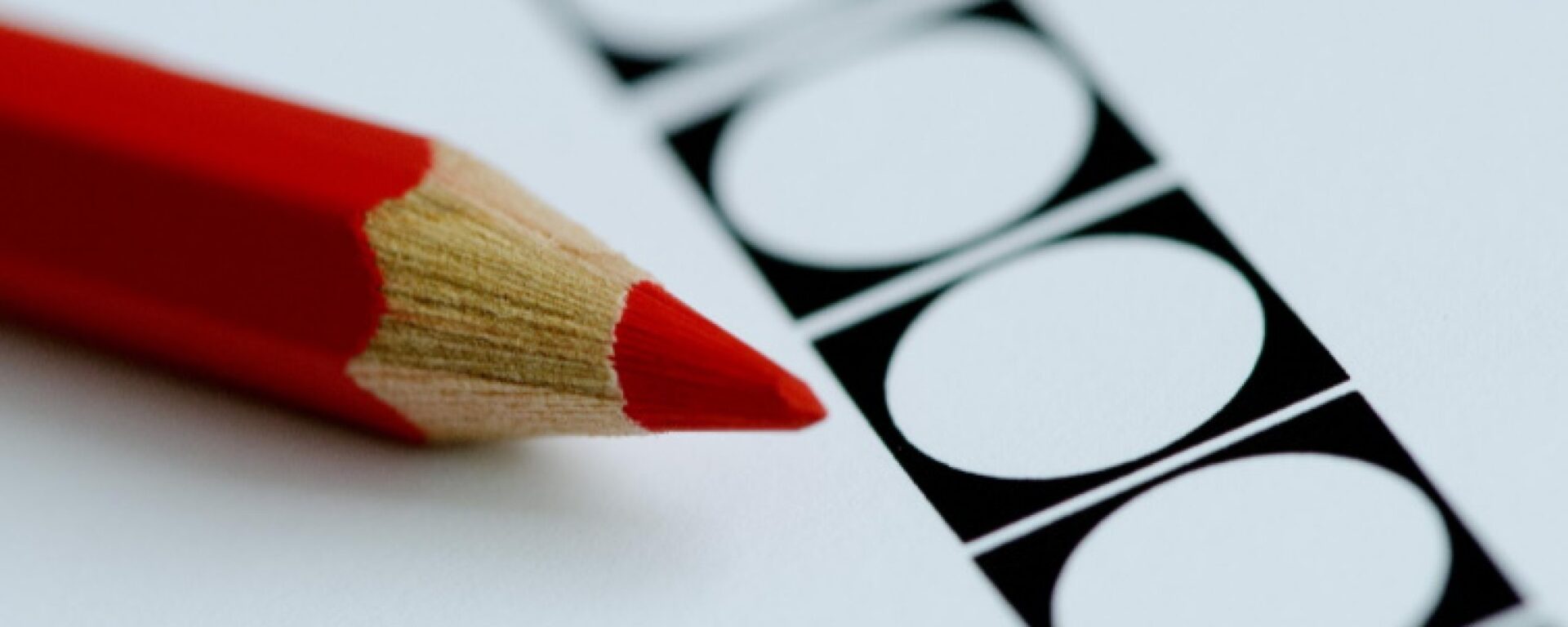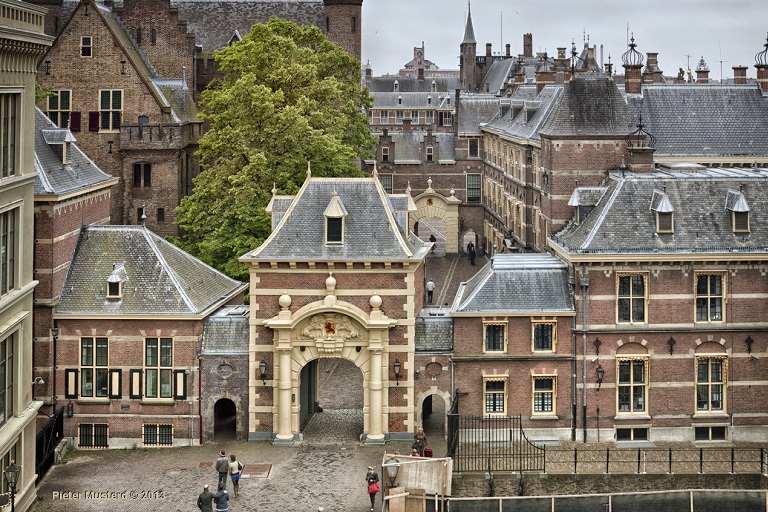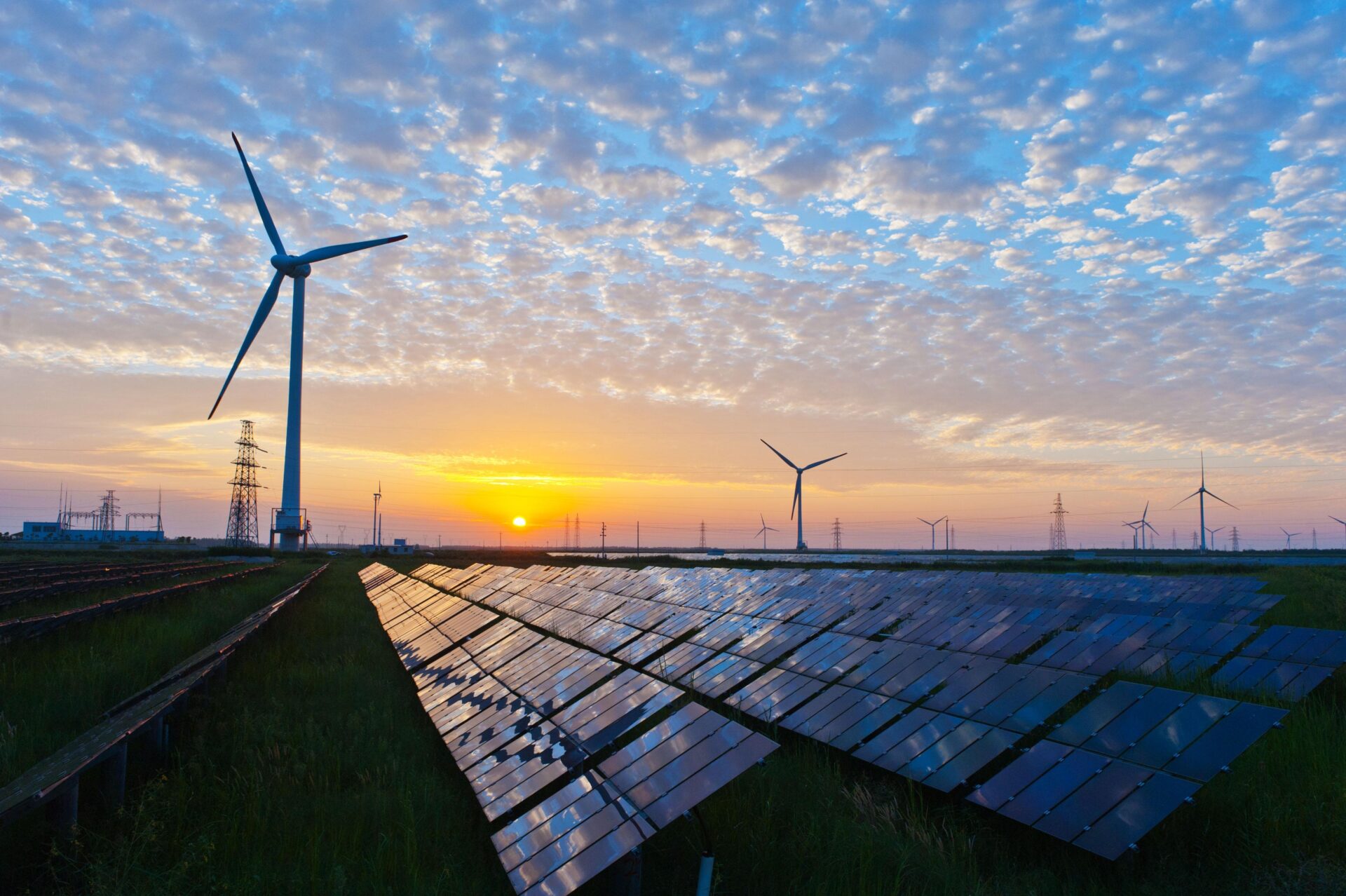Shell et al. / Environmental Defense et al.
At 08:00 in the morning, just before the Dutch stock exchange opens, the Court of Appeal of The Hague will rule in the case of Milieudefensie c.s. v. Shell c.s. The background to this appeal is as follows.
In 2021, the District Court of The Hague ruled in favor of Milieudefensie et al. and ordered Shell (then Royal Dutch Shell Plc, now Shell Plc), through its corporate policy, to reduce CO2 emissions by a net 45% by the end of 2030 compared to 2019 levels. This was not limited to only Shell's own emissions (scope one emissions), but also saw Shell's scope two and three emissions. Scope two emissions are the indirect emissions from purchased electricity, steam, heat and cooling. Scope three emissions are the indirect emissions from suppliers and customers. For Shell group's own operations, the court imposed a results obligation on Shell. For suppliers and customers, Shell was given a strenuous effort obligation.
Shell appealed this ruling. In the appeal, Environment and Human Foundation joined Shell's side. Tomorrow, the Court is expected to issue a final ruling on the appeal. Should there indeed be a final judgment from the Court of Appeal, the parties can appeal to the Supreme Court. The Supreme Court only reviews whether the law was correctly applied and whether the procedures were properly followed by the court. In principle, the facts are no longer in dispute before the Supreme Court.
The State of the Netherlands / Greenpeace et al.
On the same day, Greenpeace's case against the Dutch State will be heard in substance at the court in The Hague. Earlier, the environmental organization's claims were dismissed in summary proceedings. At the time, the court could not determine in which areas the State had to take concrete action. That will again be a point of discussion tomorrow. Greenpeace demands that the government do more to protect nature from nitrogen emissions. According to Greenpeace, the State is acting unlawfully. Stichting Stikstof Claim (SSC) has joined the State in the lawsuit and will represent the interests of farmers. SSC fears that Greenpeace will enforce measures that will harm the interests of the agricultural sector. If a ruling may affect a third party, such as SCC, that party can join one of the other litigants, such as the State. However, SCC cannot claim anything, but only support the State with its own arguments. SCC will therefore make a presentation in the hearing, alongside the State, Greenpeace and RIVM. The court cannot sentence SCC to anything as a joined party.
The State's defense is being watched with extra interest as Minister Wiersma recently scrapped the National Rural Area Program. Her decision has been criticized by both the Lower House, her own officials and coalition parties NSC and VDD. This would further complicate the granting of permits for housing developments, the manure problem and the legalization of PAS notifiers, for example. The State's plea may reveal what the alternative policy of the Minister of Agriculture, Fisheries, Food Security and Nature will look like. Minister Wiersma has promised to come up with a new policy to replace the NPLG this year. Last week it was already leaked that she wants to allocate billions for innovation and a buy-back scheme. Whether these announced measures will be enough to reduce nitrogen emissions remains to be seen. Tomorrow there may be more clarity and Greenpeace will try to show where the holes in the State's policy are. The ruling is expected in early 2025. Both the State and Greenpeace et al. can appeal the court's final ruling.
If you have questions about the legal and political interpretation of these court cases, Lotte van der Leij and Alexander Braat are happy to help.
Our specialists within the regulatory team at Publieke Zaken bring the European and national regulations applicable to your projects into focus. To determine an influencing strategy, an analysis of existing and upcoming laws and regulations is an important basis. With the right legal knowledge and expertise, this is of great added value. If you have more questions or would like more information, please take a look at our website or contact Lotte van der Leij or Alexander Braat.


